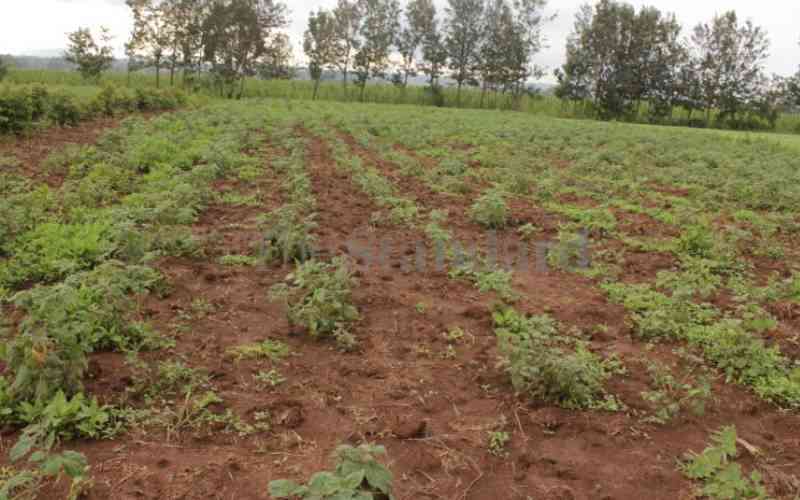×
The Standard e-Paper
Stay Informed, Even Offline

There is a worrying trend where arable land is fast diminishing and getting replaced by a vast concrete jungle of residential and commercial units.
This has created a rush by individuals to invest in real estate without proper market research resulting in failure.